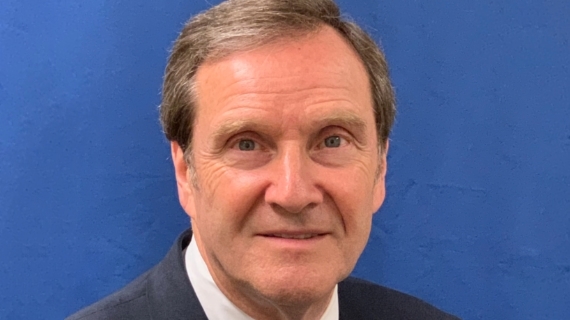Jeffrey P. Okeson (pre-congress)
Occlusion and temporomandibular disorders (pre-congress course)

- Professor and Dean of the College of Dentistry, University of Kentucky
- Founder of the College’s Orofacial Pain Program in 1977
- More than 240 publications in the area of occlusion, TM disorders and orofacial pain in addition to two textbooks
- More than 1300 invited lectures on the subject of TMD and orofacial pain in all 50 states and in 59 different countries
- Received numerous teaching awards including “The International Dentist of the Year Award” from the Academy of Dentistry International (the highest award recognized by this Academy, given to him in recognition of his worldwide efforts in providing education in the area of temporomandibular disorders and orofacial pain)
Nationality: USA
Scientific areas: Oclusion
16 of november, from 09h30 until 18h00
Auditorium D
Conference summary
Temporomandibular disorders (TMD) are a group of musculoskeletal disorders of the masticatory system. These disorders are common, and dentists are the primary care providers. Therefore, every dentist should have a sound understanding of TMD so that the most appropriate care will be selected for the patient. Often simple care can make big differences in the patient’s quality of life. This presentation will describe the present evidence that helps guide the clinician to best treatment for TMD. Attempts will be made to separate the facts from the fantasies in the area of TMD.
What You Will Learn:
- To identify those pain disorders that will likely respond to your therapy from those that will not.
How to differentiate TMD from other sources of orofacial pain - The relationship between occlusion and temporomandibular disorders.
The relationship between bruxism and muscle pain - The most favorable orthopedically stable relationship between the occlusion and condylar position for orthodontic prosthodontic and therapy
- The appropriate use of occlusal appliance therapy for muscle pain and joint pain.
When an occlusal appliance reduces the patient’s TMD symptoms, what do you next? - When to consider referring the TMD patient to another health care provider.